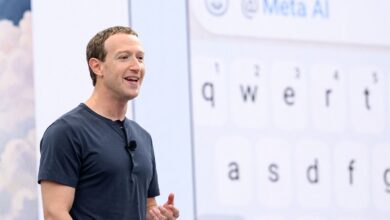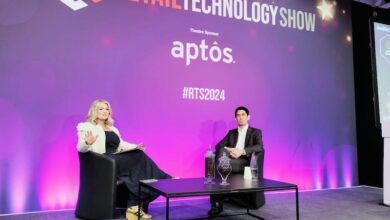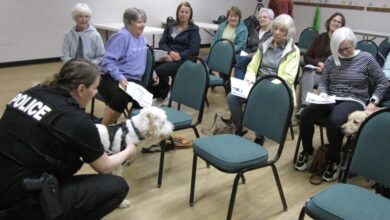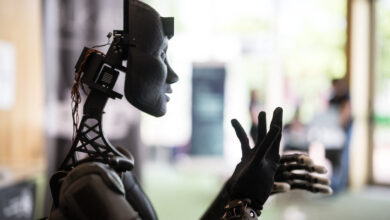The pope wants to be involved in artificial intelligence talks
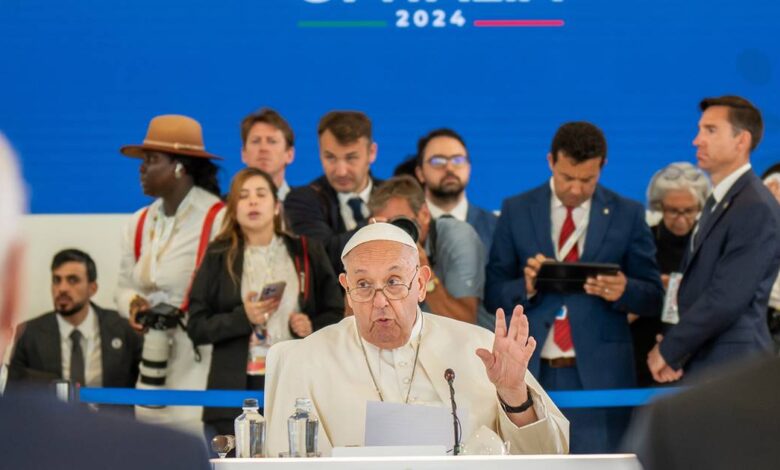
Become smarter in just 5 minutes
Morning Brew delivers quick and insightful updates about the business world every day of the week from Wall St. to Silicon Valley.
The most talked-about part of the G7 summit wasn’t this year’s weird family photo of world leaders. It was the special guest: Pope Francis. The pope spoke at the event in Italy yesterday, warning about the dangers of losing control of artificial intelligence.
Francis, the first pontiff to speak to the Group of Seven, told the politicians they must set up safeguards for AI development. He urged the leaders present to make sure humans aren’t doomed “to depend on the choices of machines,” explicitly calling for a ban on lethal autonomous weapons.
He’s not just upset about the Midjourney-created Pope Drip
Pope Francis and the Vatican (which has an AI expert on staff) have been vocal critics of AI for some time. Francis gave a speech in December calling for an international treaty on developing and using the technology ethically.
And Silicon Valley isn’t brushing him off. The Vatican developed guidelines for AI creation in 2020 called the “Rome Call for AI Ethics,” and they’ve been signed by Microsoft, IBM, Cisco Systems, Italy’s innovation ministry, and several other religious leaders.
Silicon Valley and the Catholic Church both have something to gain
Historically, the church has had a fraught relationship with scientific advancement but is working to shake what some consider its more outdated opinions to keep up with the times. It has its work cut out for it. This week, Italian news sources reported that the 87-year-old pope used an Italian slur for gay men in a private meeting for the second time.
Meanwhile, large tech companies have roughly negative 1 trillion morality points in much of the public’s and government’s eyes, something teaming up with religious leaders could help. Despite the potential positives of AI advancement in fields like medicine, the overwhelming fears of job replacement and supercharged inequalities mean the technology needs some good PR.
Big picture: Governing bodies are just ramping up AI guardrails. The UN passed its first resolution about AI safety in March.—MM
